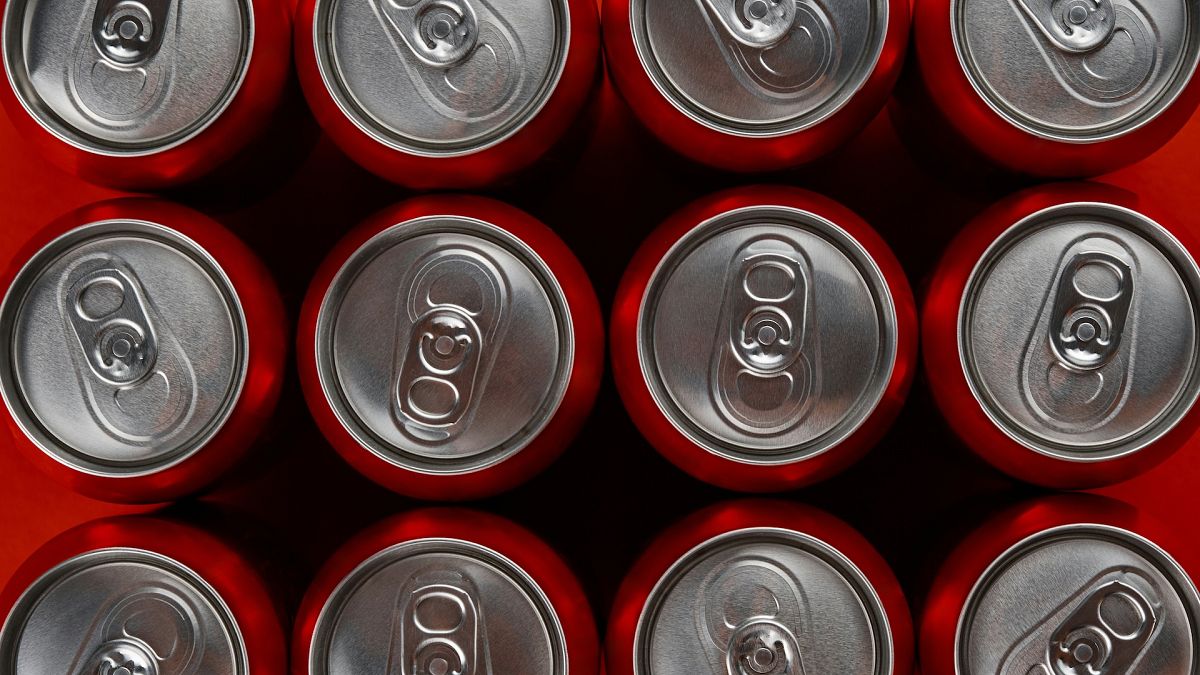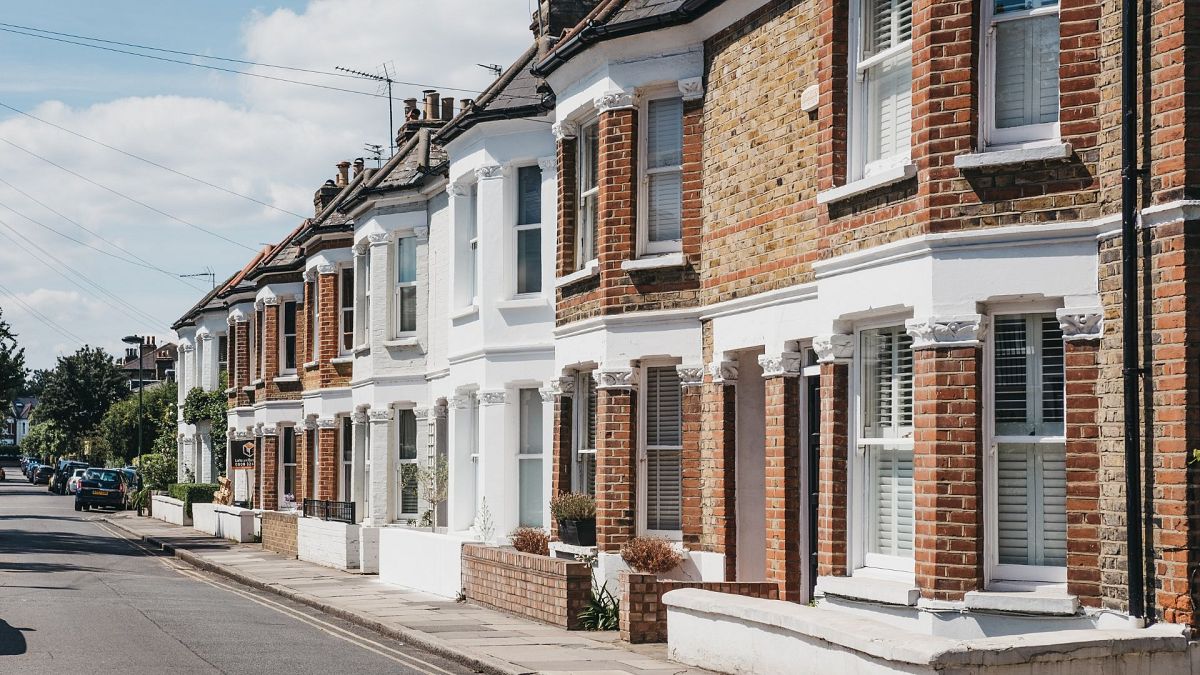Slovakia’s parliament has recently enacted a significant new law aimed at increasing the prices of sugary beverages and tobacco products. This legislative move is designed to alleviate the country’s budget deficit, one of the most pressing financial issues facing Slovakia today.
Starting January next year, Slovak consumers will see higher prices on their favorite sugary drinks and tobacco products as a direct result of this new law. The government expects that the tax on sweetened non-alcoholic beverages will generate an additional €85 million in 2025, rising to €117 million in 2026. Additionally, taxes on e-cigarettes and other tobacco products are anticipated to bring in €15 million in 2025, increasing to a substantial €126 million by the following year.
This tax initiative is part of a broader strategy by the Slovak government to tackle its budget deficit, which is currently one of the highest in the European Union. According to projections from international credit rating agency Fitch, Slovakia’s budget deficit is expected to spike to 5.7% of GDP this year, up from 4.9% in 2023, though efforts to narrow this gap are forecasted to bring it down to 5.2% in 2025.
Funding the Budget through Sugar and Tobacco Taxes
Earlier this year, Slovak Prime Minister Robert Fico and Finance Minister Ladislav Kamencky unveiled ambitious plans to reduce the deficit below 3% of GDP by 2025. Their strategy includes both tax hikes and spending cuts aimed at saving approximately 1% of GDP.
Fico expressed confidence in the effectiveness of the new tax measures, stating, “We expect higher revenues for the state budget with the increase of taxes related to tobacco products. Furthermore, the tax on sugar-sweetened beverages, which has received backing from our coalition partners, will result in higher prices for these drinks.”
However, the Slovak Soft Drinks and Mineral Waters Association (AVNM) has criticized the tax for unfairly targeting soft drinks while excluding other sugary foods, arguing that this approach is discriminatory and unlikely to effectively tackle obesity rates.
Sugar and Tobacco Taxes Across Europe
Countries like Belgium, Finland, France, Hungary, Ireland, Norway, Portugal, and the United Kingdom have implemented various forms of sugar taxation. Notably, France introduced its sugar tax in 2012 as a health initiative, later highlighting its importance for national revenue in 2018.
Denmark’s tax applies not only to sugary drinks but also to specific high-sugar products. In 2022, this levy generated over €17 million for the Danish treasury. Meanwhile, the UK’s Soft Drinks Industry Levy, established in 2018, has led to significant reformulations in beverage products as manufacturers aimed to lower sugar content to avoid escalating taxes.
Encouraging Healthier Choices through Taxation
The introduction of sugar taxes has demonstrated the potential to influence manufacturer behavior significantly. For instance, since the UK’s sugar tax was enacted, the sugar content in taxed beverages has fallen by around 29%, according to Public Health England. This suggests a viable path for health improvements.
On the other hand, neighboring countries are also grappling with similar fiscal challenges. Eurostat data reveals that Italy holds the highest deficit in the EU at 7.4%, followed closely by Hungary at 6.7% and Romania at 6.6%. Meanwhile, France and Germany maintain deficits of 5.5% and 2.5%, respectively. In contrast, Cyprus and Denmark proudly report surpluses of 3.1%, reflecting a broader disparity within the EU.
In summary, Slovakia’s decision to tax sugary drinks and tobacco products is not just a fiscal strategy but also part of a larger conversation on public health and personal responsibility. As other EU nations take similar measures, how effective will these strategies prove in promoting both a healthier populace and more sustainable government finances?
Photo credit & article inspired by: Euronews



